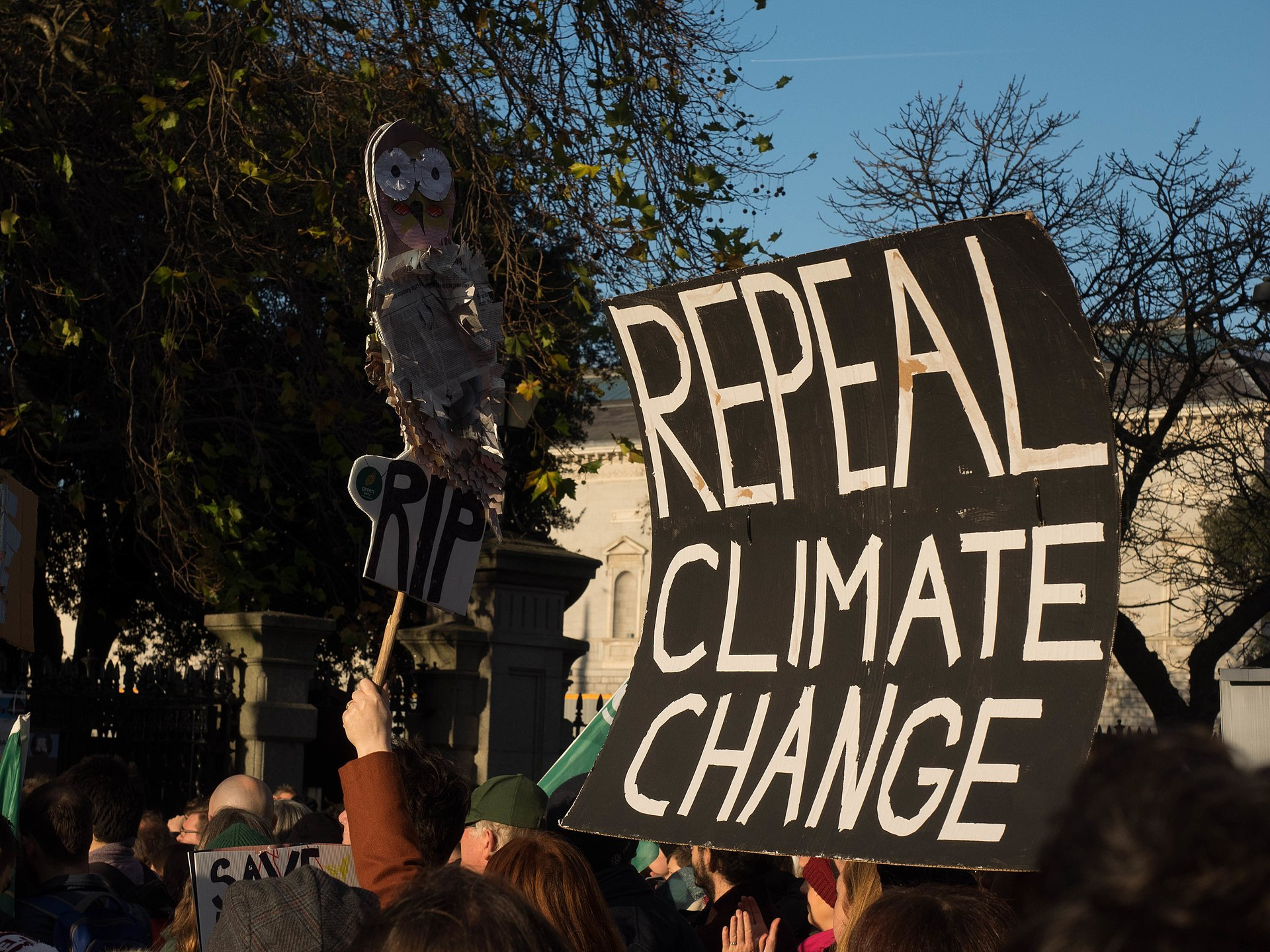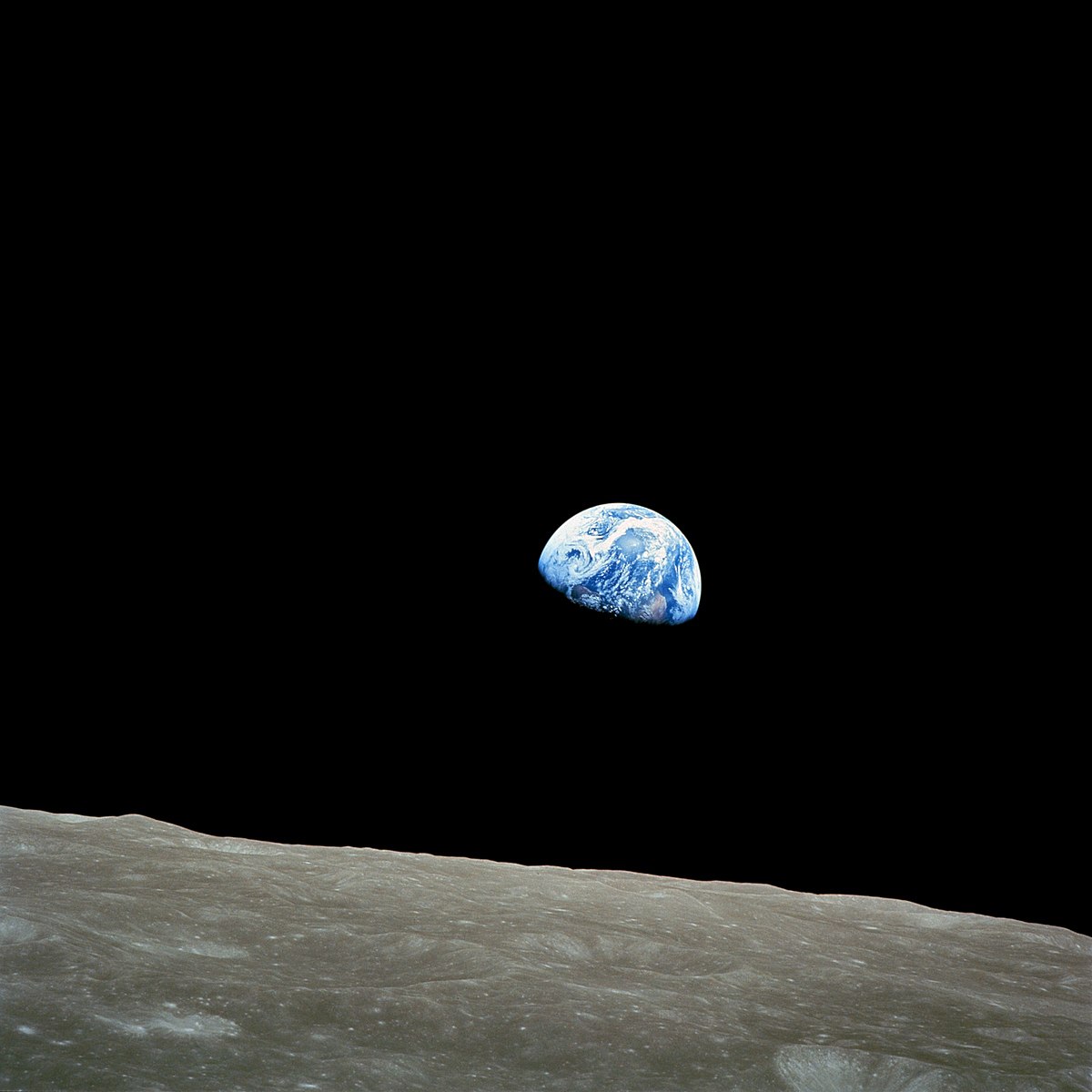What can Philosophy do about climate action?
Published in Social Sciences

In these exceptional times we are living through, as a result of the Covid-19 global health crisis, it is better to think of our world as a complex and interwined system. In fact, the human body and other organisms are complex systems within a larger complex system -the ecosystem and the Earth as a whole- in a fragile balance between them. Needless to say, our economies, societies and the climate are complex systems too.
Philosophy offers us tools to think and complexity -as an epistemic paradigm to think things through- allows us to see better how apparently disparate things relate to each other. For instance, climate change and the Covid-19 pandemic are intimately related in their multiplier effects and they feed back on each other (e.g. the destruction of ecosystems make us more susceptible to viral pandemics, Khalil et al. 2016).
However, one of our limitations as human beings is that we are full of cognitive cock-ups: we better understand linear systems with direct causal relationships instead of complex systems. On the basis of limited evidence, our intuitive thinking (System 1) operates as a machine for jumping to conclusions trying to achieve coherence. Therefore, the combination of a System 1 which facilitates coherence and a lazy System 2 (a more deliberate mode of cognition) makes us accept intuitive but often incorrect impressions and beliefs.
The amount and quality of data are irrelevant when what prevails is coherence seeking behaviour and because we are immersed in a very complex world, it is very difficult to obtain valid data. That is why WYSIATI, which stands for” what you see is all there is”, is one of the features of our cognition (Kahneman 2011) and it leads us to deny the serious impact of climate change on a systemic level. We simply cannot consider something as serious as climate change is when it does not affect us in the “here and now” or in other words, because it is less personal and distant in time.
And all this can be applied to the Covid-19 pandemic as well, exemplified by the overconfidence of many western countries that did nothing to stop the viral spread through February and early March 2020. Because SARS-CoV-2 is a microscospic agent that we do not see and it initially affected only distant populations and countries; WYSIATI makes us think that it's a problem that does not concern us.
Philosophy not only gives us tools to think and shift from a default linear mindset to a complex one, it also makes us realize that the Covid-19 pandemic is intimately related to climate change. Philosophy can also teach us the ethics of climate change: how the concepts of justice and goodness apply to climate change (Broome 2012). The ethics of climate change makes us think about how to deal with uncertainty, the impact on future generations, the value of human lives etc. and imposes a moral obligation on individuals and governments to reduce, eliminate or offset any carbon footprint they create.

Warming of more than 2 or 3 degrees will have consequences for nature and human beings. Farming will be damaged and feeding the world´s population will be difficult (Zilberman et al. 2004), dry areas will become dryer and wet areas will become wetter (Putnam and Broecker 2017). This will cause damaging droughts and floods and increased safe drinking water shortage. Climate change will also damage people's health, killing millions of people. It will cause increased malnutrition, severity of heat waves, increasing number of storms, fires, floods, respiratory diseases caused by poor air quality and also the spread of pandemic diseases.
It is not an exaggeration to say that climate change or natural pandemics, such as the one we are currently experiencing at the time of writing this article (coronavirus Covid-19 pandemic), threaten the potential of humanity. Indeed, climate change with strong feedback loops (e.g. global warming melting permafrost, which releases previously trapped carbon, causing more global warming, causing more permafrost to melt... and so iteratively) could pose an existential risk.
Toby Ord (2020) says that humanity is living in one of the most influential times in the history of our species. We are living in a time with the highest levels of risks, some of which may cause the collapse or extinction of human civilization (e.g. anthropogenic risks such as climate change, natural ones such as pandemics or emerging such as unaligned Artificial Intelligence with human values). But at the same time we have the maturity to ensure a long and flourishing future for humanity if we start a long reflection about the impact of our actions and decisions on the lives of future people and future generations.

From an ecological perspective what makes humanity special is our intelligence and our ability to cooperate together in overcoming obstacles. It is in our hands to overcome the challenges and successfully navigate the existential risks that threaten the vast potential of humanity.
In relation to climate action, Philosophy -alongside other disciplines of the behavioural and social sciences- can help us build a more just world for us and future generations.
References
Broome J. (2012). Climate Matters: Ethics in a Warming World. New York. W.W. Norton & Company
Kahneman D. (2011). Thinking, Fast and Slow. London. Penguin
Khalil H. et al. (2016). Declining ecosystem health and the dilution effect. Scientific Reports 6, 31314
Ord T. (2020), The Precipice: Existential Risk and The Future of Humanity. New York. Hachette Books
Putnam A. and Broecker W. (2017). Human-induced changes in the distribution of rainfall. Science Advances 3, 5, e1600871
Zilberman, D. et al. (2004). The economics of climate change in agriculture. Mitigation and Adaptation Strategies for Global Change, 9, 365–382

Please sign in or register for FREE
If you are a registered user on Research Communities by Springer Nature, please sign in